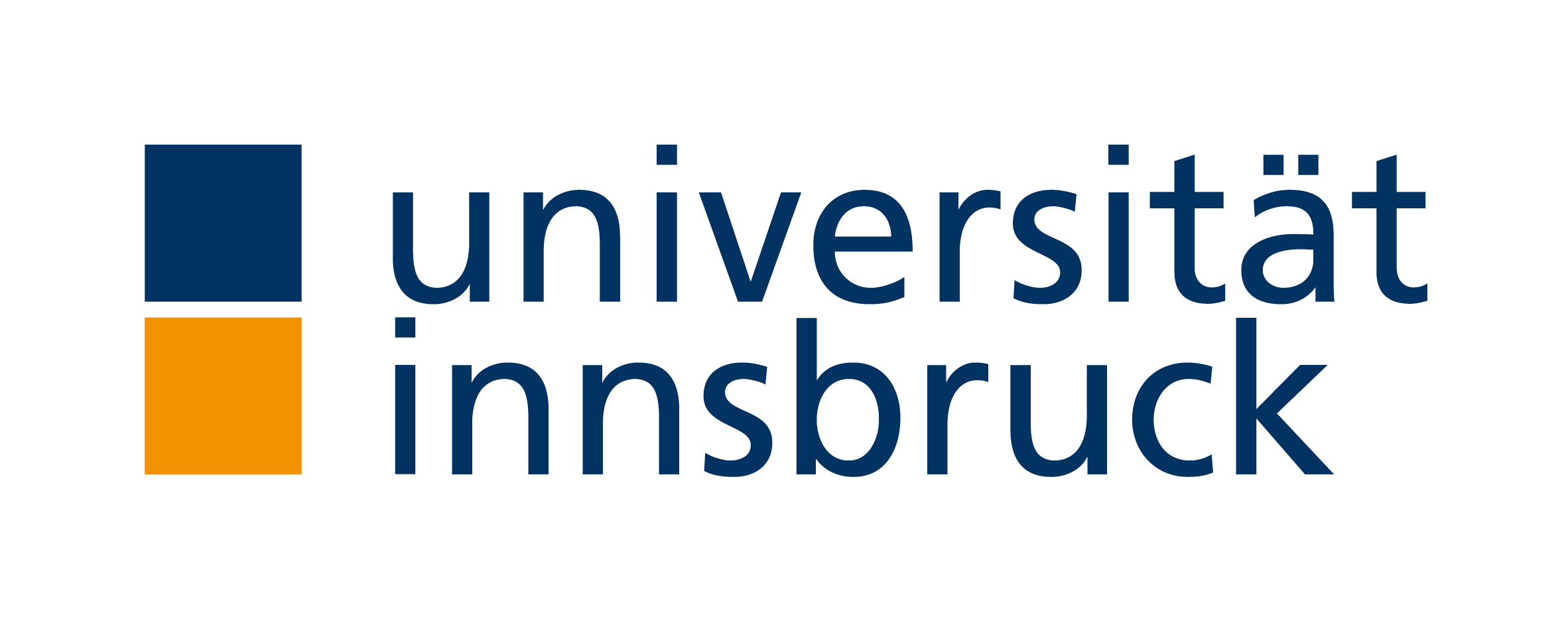We are proud to be a team with a great variety of different disciplinary backgrounds and individual strengths that allow for innovative approaches towards the analysis of values-based modes of production and consumption in the corporate food regime.
Coordinating team
Christina Plank studied International Cultural and Business studies with a regional focus on Central and Eastern Europe at the University of Passau (Germany) and the St. Petersburg State University (Russia). She holds a PhD in Political Science from the University of Vienna and works on the role of the state in social-ecological transformation processes with a special interest in agro-food studies.
In the foodalternatives.at project, she is the project coordinator and leads the sub-team Political Sciences. Her work focuses on the food regime theory, critical state theory and the case studies in the Czech Republic.
Keywords: political science, agro-food studies, state theory, political ecology, Czech Republic
Rike Stotten holds a Magister Artium degree in Economic Geography, Sociology, and Geography and a PhD in Sociology. She gained research experience from the Swiss Federal Institute of Technology in Zürich and the Lucerne University of Applied Sciences. She researches in the field of Rural Sociology and Agro-Food Studies in mountain areas and is interested in the manifold relationships and interdependencies between city & country, production & consumption, as well as underlying processes, structures, and power relations. Empirically, she has been working on landscape perception, social-ecological resilience, values-based value chains, and bio-regions.
In the foodalternatives.at project, she leads the sub-team Sociology at the University of Innsbruck.
Keywords:
rural sociology, values, social capital, intermediate food supply chains, Switzerland
Robert Hafner studied European Studies (BA) at Malmö University (Sweden), graduated in Geography: Global Change – Regional Sustainability (MSc), with a regional specialisation in Latin America (particularly Argentina) and finished his PhD in Geography at Innsbruck University (Austria), where he worked on environmental justice and soy agribusiness in Argentina.
In the foodalternatives.at project, he leads the sub-team Geography at the University of Innsbruck. He primarily works on territoriality, visceral methods and q-methods, as well as supervises the case studies in Argentina. Robert is currently on paternity leave.
Keywords: geography, human-environment research, territoriality, visceral methods, q-method, Argentina
Project members
Michaela Pixová holds a PhD in human Geography and regional development from the Faculty of Natural Science at Charles University, Prague. During her PhD she focused on the right to the city and alternative spaces in Prague. In her consequent postdoctoral research at the Faculty of Social Sciences at Charles University she studied urban grassroots movements and their role in post-socialist urban restructuring in Czechia. Furthermore, she worked as the coordinator of the Czech Climate Coalition.
In the project she focuses on the Czech case study.
Keywords: geography, corporate food regime, critical state theory, political economy, food sovereignity movement, Czech Republic
Nora Katharina Faltmann holds a Magister as well as a PhD in development studies from the University of Vienna where she also worked as project staff in a research project on food and body politics in Vietnam. Furthermore, she has research experience in sustainable food production in Uganda and transdisciplinary cooperation in Southeast Asia. She was a visiting researcher at the School of Oriental and African Studies (SOAS) Food Studies Centre in London in 2018/19.
Her PhD research combined food studies and critical development studies, focusing on food safety in Ho Chi Minh City with particular attention to questions of food access and exclusion amidst Vietnam’s growing socio-economic divide.
In the project she focuses on the Swiss case study.
Keywords: rural sociology, values, social capital, intermediate food supply chains, Switzerland
Anna-Maria Brunner holds a BSc degree in Environmental and System Sciences with an emphasis on Geography from the University of Graz (Austria) and the Universidad Autónoma de Barcelona (Spain), as well as an MSc in Sustainable Urban and Regional Development at University of Graz, where she concentrated on sustainable development in the realm of food production and consumption and on cartographic visualisations. She is now a PhD-candidate in Geography at the University of Innsbruck.
In this project she is part of the sub-team Geography and focuses on case studies in Argentina.
Keywords: geography, Argentina
David Segat studied Geography (BSc) at the University of Innsbruck and University of Iceland (Reykjavik). Further he holds a MSc degree in Geography: Global Change – Regional Sustainability (University of Innsbruck), with the focus on urban development and development studies with a spatial focus on the central alps and east Africa (Uganda/Tanzania). Currently he is part of the working group: Development studies and sustainability research (AGEF) at the University of Innsbruck, as a lecturer and PhD-candidate. The work focuses on sustainable development in mountain regions and the responsibility of specific (regional) Stakeholders in context with a socio ecological transformation.
In this project he is part of the sub-team Geography and focuses on methotic approaches.
Keywords: geography, regional responsibility, transdisciplinary, sustainability, alps
Paul Froning completed his Master’s degree in the international Environmental Management of Mountain Areas program with a focus on regional development and mountain agriculture at the Universities of Innsbruck and Bolzano in 2023. In his work he focuses on territorial agrifood systems and sustainable regional development especially in mountain farming settings.
In the project he focuses on the Swiss case study.
Chiara Zambra has a bachelor’s degree in Biology with the focus on zoology and ecology. Currently, she is studying the master’s programme Environmental Science at the University of Natural Resources and Life Sciences, Vienna (BOKU), specializing in ecosystems, biodiversity and environmental management.
In this project, she is part of the sub-team Political Sciences and focuses on a case study in Austria.
Keywords: political science, Farm to Fork Strategy, Austria
Lisa Lorenz studied Geography (B.Sc.) at the University of Augsburg and Environmental Sciences (M.Sc.) at BOKU University & University of Copenhagen focusing on sustainable development and social-ecological transformation. Furthermore, she studied Environmental Education (B.Ed.) at the University College of Agricultural and Environmental Education and facilitates workshops on sustainability, climate crises and societal change. She joined the project to work on the FWF Top Citizen Science proposal and to deepen participatory approaches.
Scientific Advisory Board
- (Jun) SM Borras, Erasmus University Rotterdam (Netherlands)
- Hugh Campbell, University of Otago (New Zealand)
- Eric Sabourin, CIRAD- agricultural research for development (France)
Collaborating Researchers, Projects & Institutions
- Julieta Krapovickas, Universidad de la República Uruguay (Uruguay)
- Emanuel Jurado, Universidad Nacional de Cuyo (Argentina)
- Highlands.3, Collective Approach of Research and Innovation for Sustainable Development in Highlands.
H2020-MSCA-RISE
The HIGHLANDS.3’ goal is to contribute to Inclusive Sustainable Development in Highlands (ISDH) through collective and impact-driven Research & Innovation (R&I), based on capacity building, sharing of local-global knowledge, experience, and tools.
Former Project Members
Felix Dorn studied International Economic Studies at the Universidad de Córdoba (Argentina) and Innsbruck University (Austria). During his PhD in Geography he worked on the global lithium production network in Argentina.
In the project he is part of the sub-team Geography and concentrates on territoriality, Global Production Networks and focuses on the Argentine case studies.
Keywords: geography, territoriality, global production networks, political ecology, Argentina
Vera Brandner studied International Development and Photography in Vienna and holds a PhD in sustainability science from Leuphana University of Lüneburg. Her research focus lies in the development of transdisciplinary methods and methodologies. In this context, she has been teaching and researching in the field of social justice in education, conflict transformation and development cooperation. She gained research experience at the Center for Methods of Leuphana, at the Department of Development Studies in Vienna and at the Institute of Sociology and the Institute of Teacher Education in Innsbruck. As director of the transcultural association ipsum, she designs and implements international projects in the field of transcultural education and conflict transformation.
In the foodalternatives.at project, she works on inter- and transdisciplinary methods and methodologies.
Keywords: social and cultural science, transdisciplinary methods and methodologies, transformative research, participative research
Stephan Pabst holds a Master’s degree in Agronomy from BOKU – Vienna University of Life Sciences and studied Rural Sociology at Wageningen University. He has worked in the fields of Regional and Alternative Food Networks for the research group ‘Sustainable Food Systems’ at FH JOANNEUM Graz. Furthermore, he was engaged in the foundation of community supported agriculture (CSA) projects in Eastern Austria and the international CSA-movement. He currently works on his PhD in rural sociology.
In the project he focused on values in intermediate food supply chains in the swiss case studies.
Keywords: rural sociology, values, social capital, intermediate food supply chains, Switzerland



